Sebastian Vettel may be a four-time winner at Suzuka, but did you know that Ferrari haven't triumphed at the Japanese circuit for more than a decade? Or that the polesitter hasn't gone on to triumph in more than half of the races to date? We take a look at the most fascinating stats and trivia ahead of this weekend's 2015 Formula 1 Japanese Grand Prix...
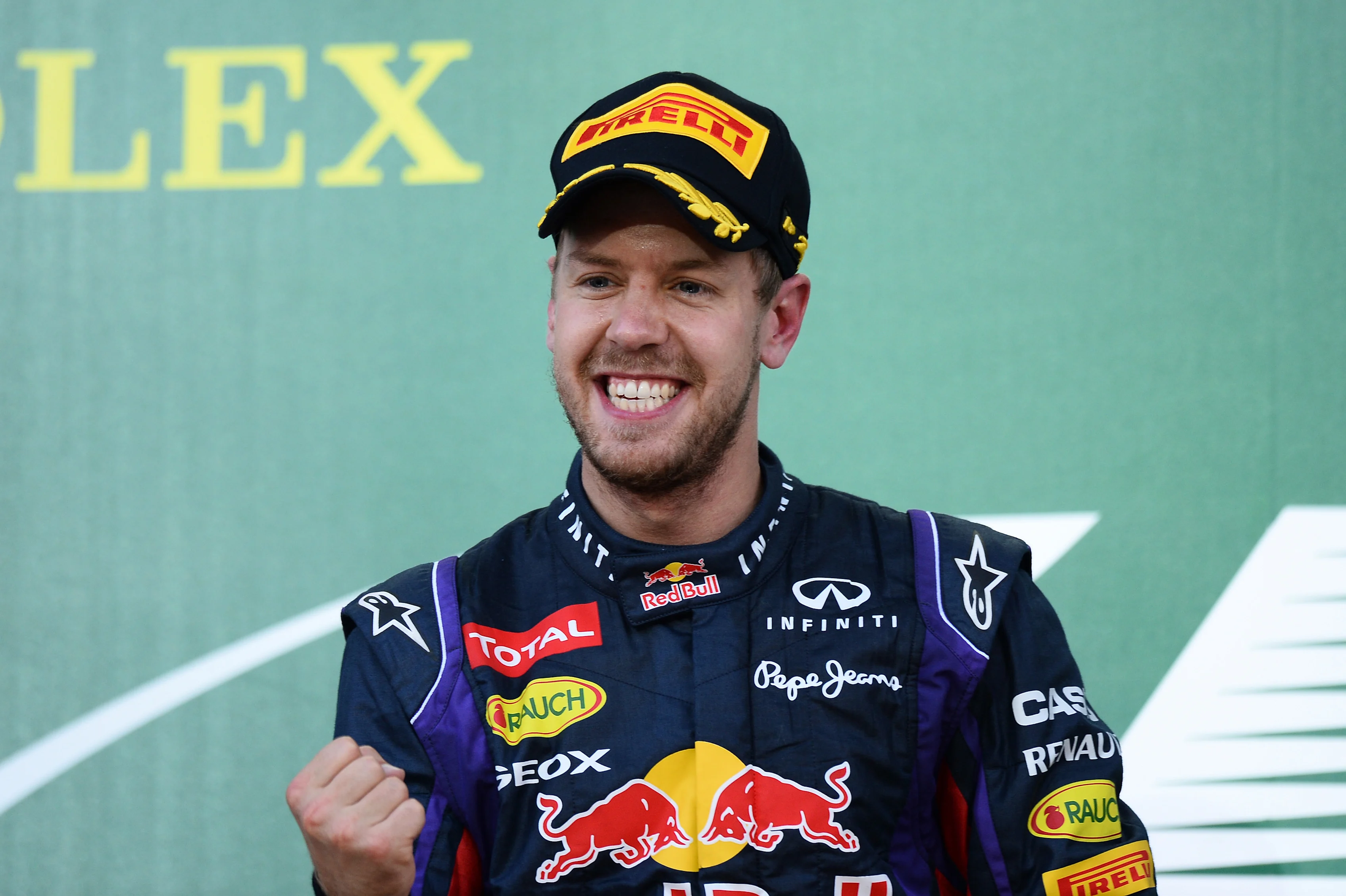
Four wins, four poles, six podiums: no other current driver can match Sebastian Vettel's success at Suzuka
- Japan will host its 31st Formula One Grand Prix this year, but not all the races have been held at Suzuka. Fuji hosted the country's inaugural GP in 1976, and was on the calendar again in '77 before Japan dropped off for a decade. Suzuka became the venue of choice from 1987 onwards, although Fuji returned for two further years in 2007 and '08.
- There is a third Japanese circuit to have hosted F1 however: TI Circuit Aida. The venue was home to the Pacific Grand Prix in 1994 and '95 - meaning Japan is one of only seven countries to have hosted more than one Grand Prix in the same season.
- Michael Schumacher won on both occasions at TI Aida - and he is also statistically the most successful driver at Suzuka, with six wins to his name. Sebastian Vettel is closing fast however - the German has won four times in total, on top of taking four pole positions and six podiums. On both fronts, only Schumacher has a better record.
- Schumacher and Vettel have never won when starting from outside the front row however: something that doesn't apply to Kimi Raikkonen, who made astonishing progress to triumph from 17th on the grid in 2005. Not counting the Indianapolis 500, only two drivers in F1 history have tasted victory from further back on the grid.
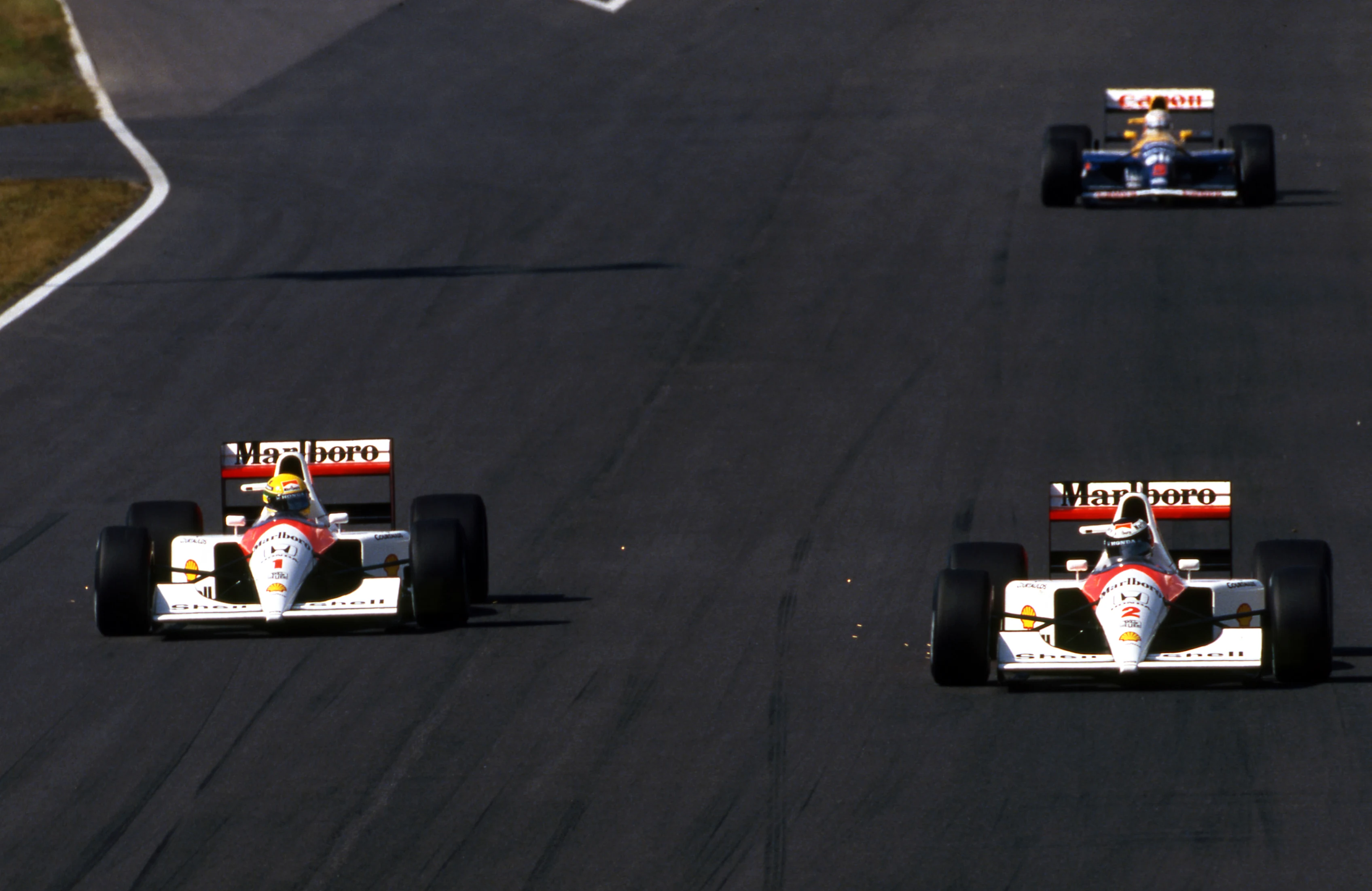
Gerhard Berger (right) beat Ayrton Senna by just 0.344s in 1991, though only after the Brazilian had honoured a pre-race agreement and backed off at the final corner
- Speaking of winning grid slots, only 12 of 26 races have been won from pole at Suzuka - a ratio of 46 percent. The last man to convert pole into victory was Sebastian Vettel in 2012.
- That win was also the third of Red Bull's four at Suzuka. They sit third in the all-time win lists as a result, behind only Ferrari and McLaren - both teams have triumphed seven times at the Japanese circuit. Ferrari's last win dates all the way back to 2004 however, when Michael Schumacher prevailed (main image) - while McLaren's last win was in 2011, via Jenson Button.
- The 2011 Grand Prix was notable for another reason - it was also the weekend when Sebastian Vettel clinched the world championship crown. That's not uncommon at Suzuka - in fact the world championship has been clinched more times in Japan than in any other country. Including the 1995 Pacific Grand Prix, 13 champions have been crowned in Japan.
- Vettel returned to winning ways in 2012, picking up his third victory at Suzuka in crushing fashion. He beat Felipe Massa, then racing for Ferrari, by 20.639s - the biggest winning margin ever recorded at the circuit.
- In contrast, Gerhard Berger holds the record for the smallest ever margin of victory. The Austrian beat his McLaren team mate Ayrton Senna to the chequered flag in 1991 by just 0.344s after the Brazilian ceded the win to him at the final corner following a pre-race agreement.
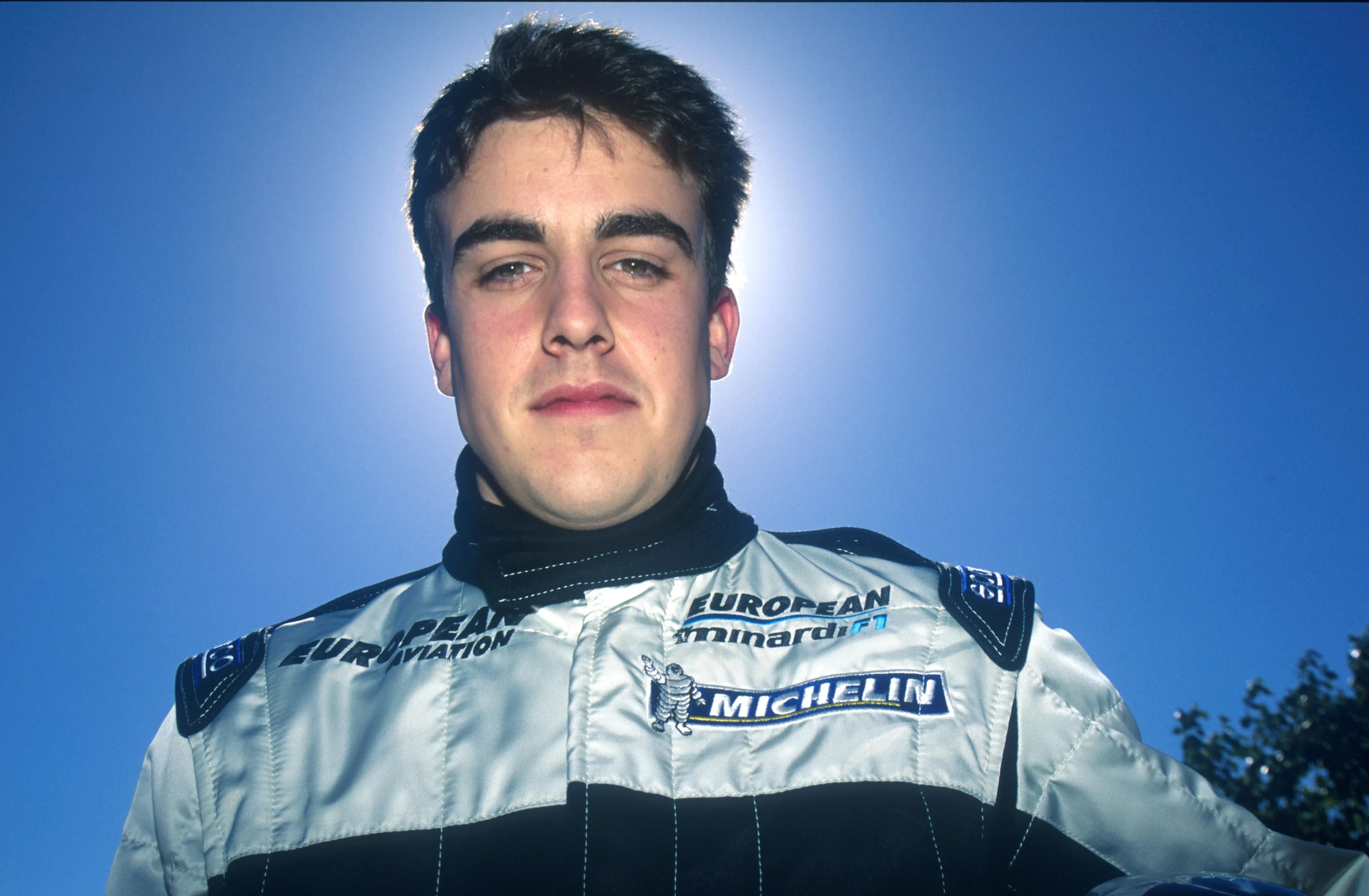
Fernando Alonso will move into sixth in the all-time races started list this weekend - this will be his 247th start since making his bow in Australia in 2001
- Suzuka has produced plenty of other milestones. Two-time world champion Mika Hakkinen scored his first Grand Prix podium there in 1993; while home favourites Aguri Suzuki and Kamui Kobayashi did likewise in 1990 and 2012 respectively, both finishing third. Those remain the best finishes by Japanese drivers on home soil.
- Turning our attention to this weekend, rather unusually no current driver has more than one fastest lap to their name at Suzuka. Kimi Raikkonen, Fernando Alonso, Jenson Button, Sebastian Vettel and Lewis Hamilton have all posted a fastest lap at the Japanese circuit, though Michael Schumacher once again leads the all-time list on this count, with four.
- In terms of consecutive points scores, Lewis Hamilton's retirement in Singapore means that it is Daniil Kvyat who currently leads the way, the Russian having finished inside the top 10 in the last five straight Grands Prix - that's two more than any other driver. Kvyat has only driven at Suzuka once before however - last year, when he started 12th and finished 11th with Toro Rosso.
- For Hamilton, meanwhile, Singapore may have ended his bid to move level with Ayrton Senna's all-time record of eight consecutive poles - but the reigning world champion can still match the Brazilian on another front. A Hamilton victory this weekend would move him onto 41 wins - exactly the same tally as Senna, albeit in one more race start.
- Further down the grid, the weekend will represent the first time Honda have competed in F1 on home soil since withdrawing from the sport at the end of 2008. And it will be a momentous weekend for Fernando Alonso too - the Spaniard is set to make his 247th race start, moving him above David Coulthard and into sixth in the all-time appearances list.
Video - The Japanese Grand Prix through the years
Next Up
Related Articles
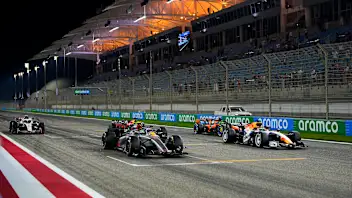 BettingHow to take a break from gambling when you need it
BettingHow to take a break from gambling when you need it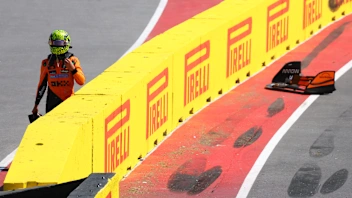 BettingWhy F1 betting markets can be hard to predict
BettingWhy F1 betting markets can be hard to predict .webp) ExclusiveThe Audi prospect making waves in single-seater racing
ExclusiveThe Audi prospect making waves in single-seater racing The incredible numbers behind Season 8 of Drive to Survive
The incredible numbers behind Season 8 of Drive to Survive 5 standout moments in Season 8 of Drive to Survive
5 standout moments in Season 8 of Drive to Survive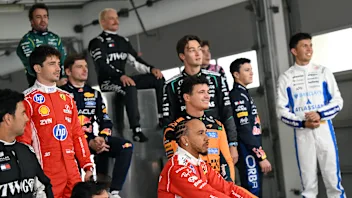 Our writers share their predictions for the 2026 season
Our writers share their predictions for the 2026 season